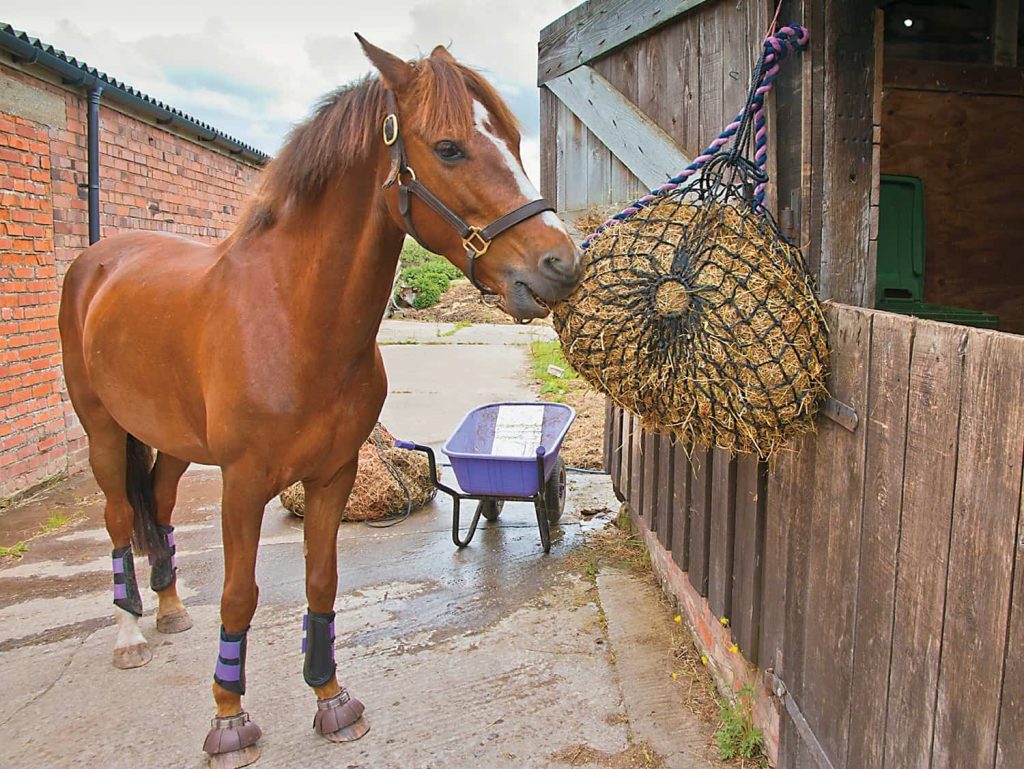
Multimodal Equine Gastric Ulcer Prevention
Taking a whole-horse approach to preventing gastric ulcers might be the best way to improve your horse’s health and well-being. Here’s why.

Taking a whole-horse approach to preventing gastric ulcers might be the best way to improve your horse’s health and well-being. Here’s why.

Performance horses’ lifestyles put them at a greater risk of developing gastric ulcers. An equine nutritionist explains how to combat this.

Learn how to craft a diet for the horse with painful lesions in his stomach.

Work with your veterinarian and watch for signs of these 5 health conditions when you’re trying a horse to buy.

Is your horse’s diet and microbiome to blame for bad behavior? In this article we’ll break down the research.

Veterinarians describe 9 common causes of poor performance in horses and what it takes to get a diagnosis.

An owner asks for help feeding her mare who needs to gain weight but is proving to be a picky eater. An equine nutritionist shares some advice.

Get advice on encouraging a hard-keeper to eat more. The first step? Rule out health problems.

Follow these 5 tips for feeding horses with recurrent colic while awaiting a diagnosis or targeted treatment.

Horses can consume hay pellets or cubes rapidly. How can we slow them down to increase their time spent chewing?

Find out how proper nutrition, including high-quality protein, could help improve muscling over your horse’s back.

A magnesium oxide blend decreased squamous ulcer scores in French Trotter horses in training, suggesting its potential as a buffering option.

Discover key signs that could indicate 2 types of gastric ulcers in your horse so you can take proactive steps to ensure his peak health.

Does your horse devour his meals? Slowing your speedy eater at mealtime can help prevent issues such as choke and wasted feed.

What can you do to protect your horse’s sensitive stomach against gastric disease?

Researchers found horses with gastric ulcers are under greater oxidative stress and concluded the animals might benefit from additional antioxidant therapy.
Stay on top of the most recent Horse Health news with
"*" indicates required fields